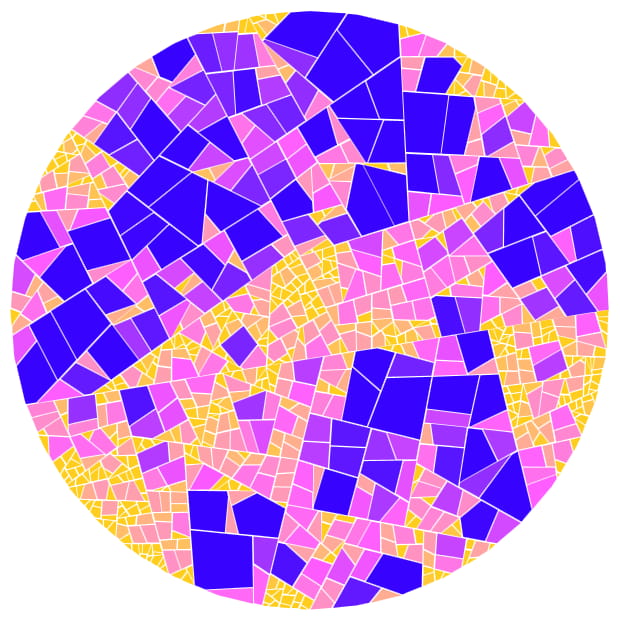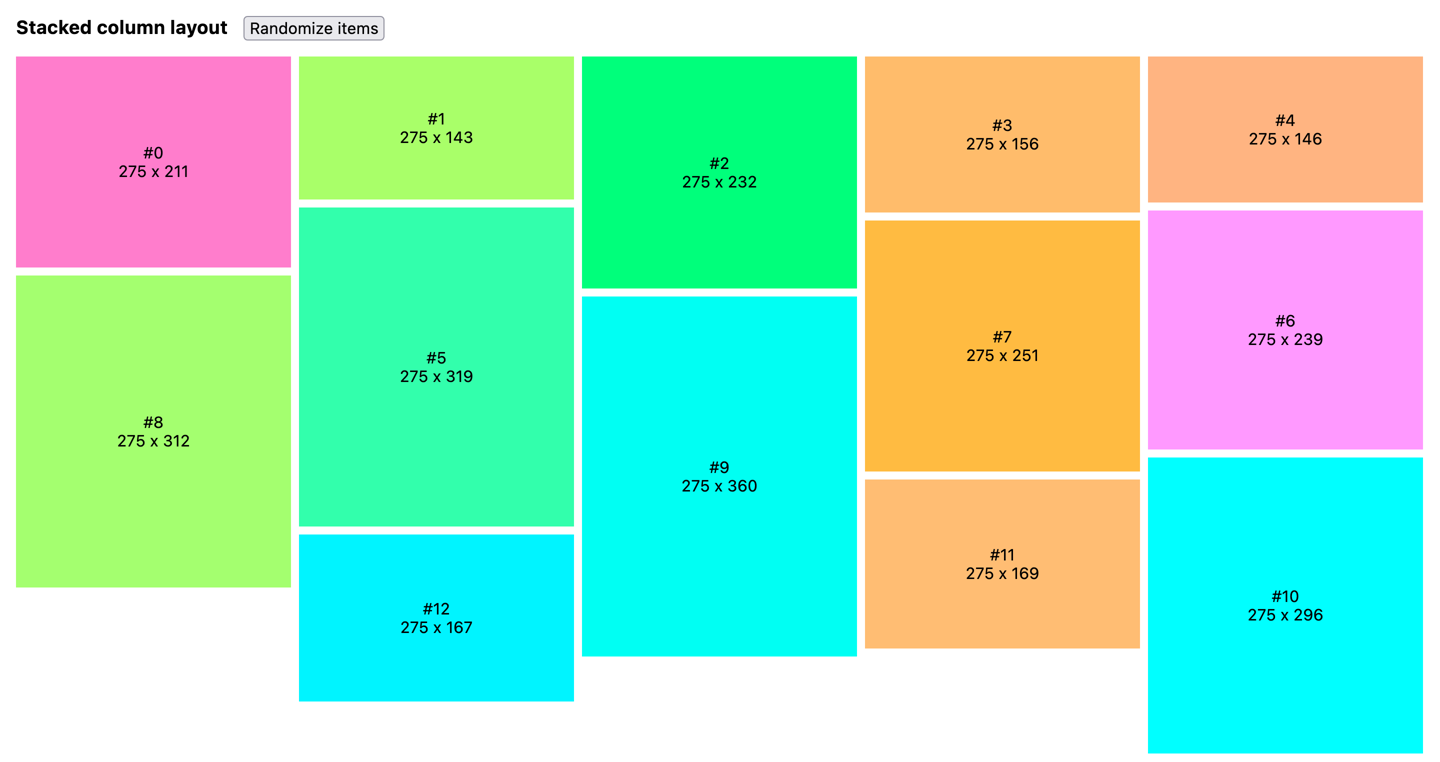
Research
Security News
Quasar RAT Disguised as an npm Package for Detecting Vulnerabilities in Ethereum Smart Contracts
Socket researchers uncover a malicious npm package posing as a tool for detecting vulnerabilities in Etherium smart contracts.
@thi.ng/arrays
Advanced tools

[!NOTE] This is one of 200 standalone projects, maintained as part of the @thi.ng/umbrella monorepo and anti-framework.
🚀 Please help me to work full-time on these projects by sponsoring me on GitHub. Thank you! ❤️
Array / Arraylike utilities.
STABLE - used in production
Search or submit any issues for this package
yarn add @thi.ng/arrays
ESM import:
import * as arr from "@thi.ng/arrays";
Browser ESM import:
<script type="module" src="https://esm.run/@thi.ng/arrays"></script>
For Node.js REPL:
const arr = await import("@thi.ng/arrays");
Package sizes (brotli'd, pre-treeshake): ESM: 3.00 KB
Note: @thi.ng/api is in most cases a type-only import (not used at runtime)
Six projects in this repo's /examples directory are using this package:
| Screenshot | Description | Live demo | Source |
|---|---|---|---|
 | k-means clustering visualization | Demo | Source |
| Randomized 4-point 2D color gradient image generator | Demo | Source | |
 | Animated, iterative polygon subdivisions & visualization | Demo | Source |
 | Responsive image gallery with tag-based Jaccard similarity ranking | Demo | Source |
 | Responsive & reactively computed stacked column layout | Demo | Source |
 | Tree-based UI to find & explore thi.ng projects via their associated keywords | Demo | Source |
arrayIterator()argMin() / argMax()argSort()binarySearch()bisect()blit1d() / blit2d()endsWith()ensureArray()ensureIterable()fillRange()find()findSequence()floydRivest()fuzzyMatch()insert()into()isSorted()levenshtein()multiSwap()peek()quickSort()rotate() / rotateTyped()selectThresholdMin() / selectThresholdMax()shuffle() (w/ custom PRNG support)shuffleRange() (w/ custom PRNG support)sortByCachedKey()startsWith()swap()swizzle()topoSort()The following predicates can be used to perform predecessor / successor
queries using binarySearch().
bsLT() - Returns index of last item less than search value or -1 if
no such values existbsLE() - Similar to bsLT(), but for less-than-equals queriesbsGT() - Returns index of first item greater than search value or -1
if no such values existbsGE() - Similar to bsGT(), but for less-than-equals queriesbsEQ() - Merely syntax sugar, casting any non-found result indices to -1import { binarySearch, bsGT, bsLT } from "@thi.ng/arrays";
const src = [10, 20, 30, 40];
bsLT(binarySearch(src, 25))
// 1
// greater-than queries also require the array length
bsGT(binarySearch(src, 25), src.length)
// 2
bsGT(binarySearch(src, 40), src.length)
// -1
If this project contributes to an academic publication, please cite it as:
@misc{thing-arrays,
title = "@thi.ng/arrays",
author = "Karsten Schmidt",
note = "https://thi.ng/arrays",
year = 2018
}
© 2018 - 2024 Karsten Schmidt // Apache License 2.0
FAQs
Array / Arraylike utilities
The npm package @thi.ng/arrays receives a total of 94,192 weekly downloads. As such, @thi.ng/arrays popularity was classified as popular.
We found that @thi.ng/arrays demonstrated a healthy version release cadence and project activity because the last version was released less than a year ago. It has 0 open source maintainers collaborating on the project.
Did you know?

Socket for GitHub automatically highlights issues in each pull request and monitors the health of all your open source dependencies. Discover the contents of your packages and block harmful activity before you install or update your dependencies.

Research
Security News
Socket researchers uncover a malicious npm package posing as a tool for detecting vulnerabilities in Etherium smart contracts.

Security News
Research
A supply chain attack on Rspack's npm packages injected cryptomining malware, potentially impacting thousands of developers.

Research
Security News
Socket researchers discovered a malware campaign on npm delivering the Skuld infostealer via typosquatted packages, exposing sensitive data.